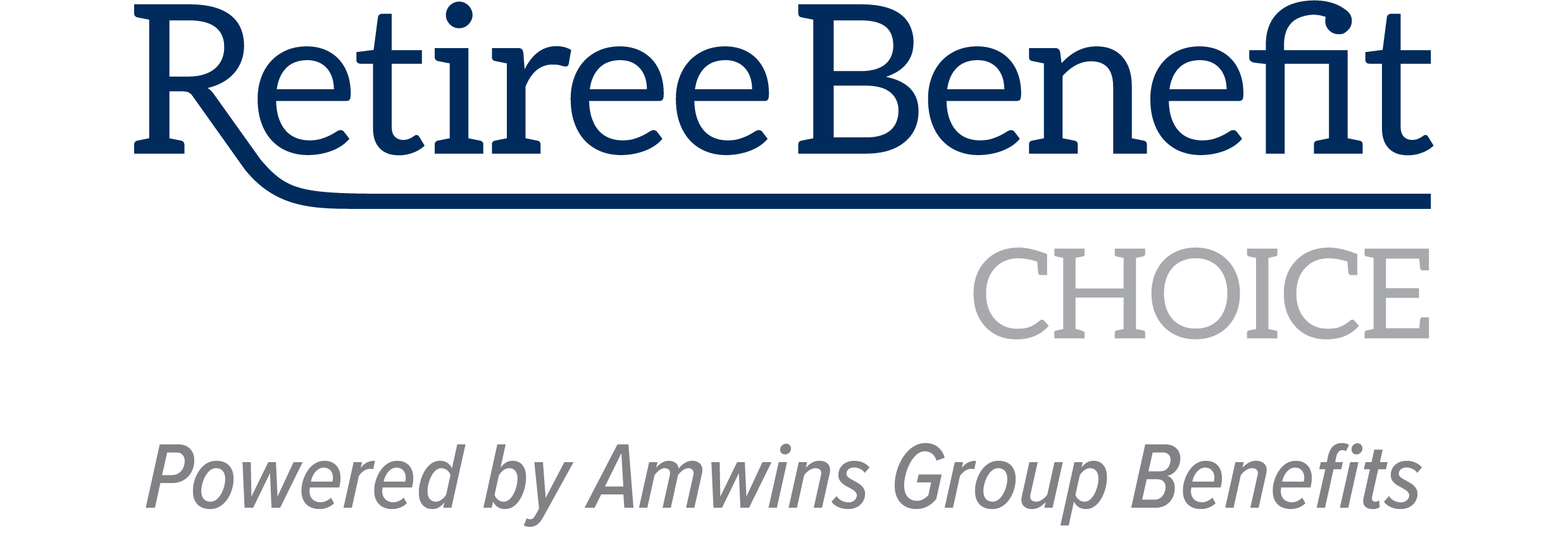
Business Challenge
An oil industry giant was saddled with administrative headaches as a result of sponsorsing multiple self-funded retiree benefit plans. The accumulation of plans, due to acquisitions, union negotiations and grandfathered status, combined with the ERISA responsibilities, audits, actuarial work, FASB calculations and provider contracts was extremely inefficient, taxing internal resources. The employer worked with their outside consulting firm to explore a Medicare Exchange but opted against this option because they felt it would violate a commitment of paternalism to retirees and would be detrimental to a group that had a high use of prescription drugs. The company also felt that the added layer of a Health Reimbursement Account (HRA) would create additional confusion and complexity around a transition.
Solution
The company determined that a selection of three fully-insured group plans, including full coverage through the prescription drug donut hole, would help the organization achieve its goals. They also felt that retirees would enjoy the ability to choose from these plans to find the appropriate price point for their specific budget and health care needs, yet providing benefit parity to the current program.
Results
The outcome was that this company created its own Private Medicare Exchange: There were multiple plan options, outsourced administration and a fixed employer cost, but without the confusion that accompanies a program shift, pushback from invested parties, or the added layer of HRAs. Perhaps most importantly, the transition went smoothly for retirees, which provided a necessary benefit to such a high profile organization.
